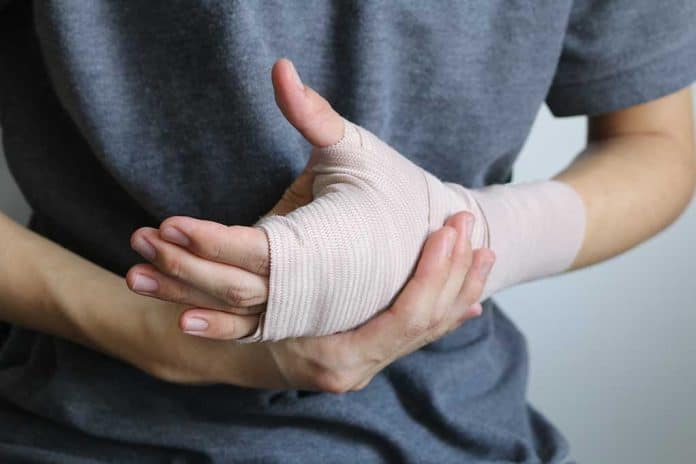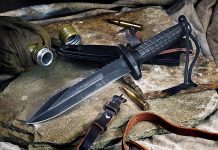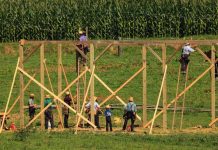
(TacticalNews.com) – Many of us will face being disabled at some point in our lives, either temporarily or permanently. Accidents can happen at any time, leaving you injured and in a state of recovery. However, this doesn’t mean you can’t defend yourself. You may simply need to try something new. Perhaps an old dog can learn new tricks.
Practice Makes Perfect
The best way to approach a potentially debilitating situation is to prepare for one ahead of time. Typical injuries include ones to your dominant hand. After all, you use it more, which increases the likelihood of sustaining an injury to it.
To get ahead of the curve, take the time now to practice with your support hand in case you injure your dominant one and need to rely on it in the future. For instance, if you are right-handed, practice performing tasks like shooting a rifle with your left hand.
Accessibility
Keep in mind that you will need to make your firearm more accessible to your support hand if you injure your dominant one. Cross-draw isn’t recommended since it can disrupt from contact distance. However, should you be using crutches, this may end up being your most viable option.
You will also want to develop muscle memory ahead of time with your support hand. Carrying a backup gun is a great way to accomplish this goal and works with the first step – practicing ahead of time.
Accessibility is a concern with your backup gun. For that reason, you should carry it in a manner that orients for easy access by your support hand. Naturally, should you ever need to use your backup, your support hand will be the one doing the heavy lifting. So, consider that ahead of time.
Bigger Isn’t Always Better
Sometimes having a smaller gun for your support hand is better. Most backup guns are smaller than their counterparts anyway. A small-frame revolver is excellent for use as a backup gun. Just be sure your support hand is comfortable with the weapon you choose.
You don’t have to always carry a backup, but the practice will allow you to carry your backup gun as a primary, should you ever need to.
Final Thoughts
Preparation is the key to surviving life-threatening situations to include periods when you might find yourself disable for one reason or another. Understand that these threats exist and that these conditions may one day affect your ability to protect yourself. Awareness is the first step in protecting yourself and preventing tragedy.
Check out these carry options available to those who are disabled. You never know what could happen in the future.
Copyright 2021, TacticalNews.com



















